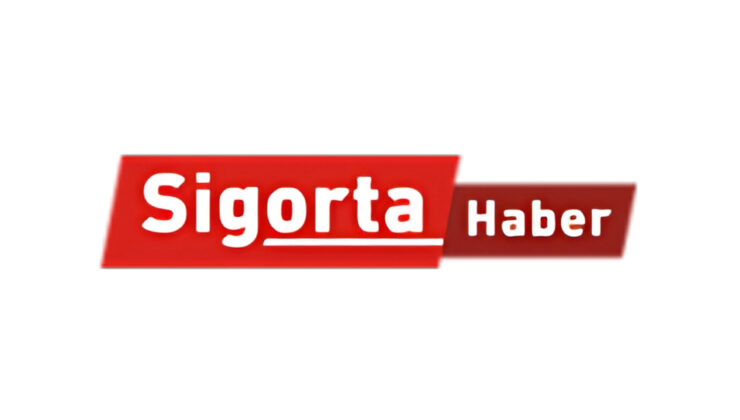

On Monday, Fitch Ratings reaffirmed the Bank of Nova Scotia’s (BNS) Long-Term Issuer Default Rating (IDR) at ‘AA-‘ and Short-Term IDR at ‘F1+’. The rating outlook remains stable. These ratings are a reflection of constraints in the operating environment, influenced by a weighted average operating environment assessment of ‘aa-‘. This assessment considers risk and income contributions from major markets, including Canada, the US, Chile, Mexico, Peru, and Colombia.
Any shifts in these key components, or a pivot towards higher-risk areas, could potentially affect BNS’ ratings. The bank’s robust retail banking presence in Canada bolsters the ratings, with a substantial share of both loans and customer deposits. BNS serves over 11 million customers in Canada and more than 12 million across Mexico and other Latin American countries. It offers a comprehensive range of services spanning retail and commercial banking, asset management, and capital markets.
BNS is progressing well on its five-year strategic plan, initiated in December 2023, which emphasizes four main areas: expanding priority businesses, deepening customer relationships, enhancing customer experiences, and fostering a winning team culture. As part of this plan, BNS acquired a 14.9% stake in KeyCorp and streamlined its Latin American operations by transferring banking operations in Colombia, Costa Rica, and Panama to Davivienda.
Fitch noted that new US tariffs could potentially impact BNS more than its Canadian counterparts due to its operations in Mexico. The bank is currently evaluating sectors that might be directly affected by the tariffs and is developing strategies for mitigation. Economic challenges in both Mexico and Canada could influence BNS’ asset quality.
The bank’s risk appetite is regarded as higher compared to its competitors, given its greater exposure to emerging markets. The international banking segment accounts for a significant share, with 66% of impaired loans in 2Q25, despite representing approximately 23% of total loans. BNS is simplifying its international banking offerings and market segmentation to enhance overall segment results and loan performance. The gross impaired loan ratio increased from 83 basis points in 2Q24 to 90 basis points in 2Q25, primarily driven by originations in the Canadian retail and commercial book.
BNS’ credit quality metrics have historically been less favorable than those of its local competitors due to its larger presence in emerging markets. However, the bank’s revenue has improved owing to a focus on loan portfolio optimization and margin enhancement. Fitch anticipates short-term pressure on profitability as the bank continues to realign its balance sheet and business lines to achieve higher returns. BNS has increased performing provisions to mitigate tariff risks within its network economies.
The bank’s Common Equity Tier 1 (CET1) ratio remains robust at 13.2% as of 2Q25, surpassing the regulatory minimum of 11.5%. Fitch views this capital buffer positively amid current economic uncertainties. BNS emphasizes disciplined capital allocation to bolster earnings and internal capital generation. The ratio of loans to customer deposits improved from 112.8% in 2Q24 to 111.5% in 2Q25, driven by a refocus on lending activities and slower loan growth relative to deposits. BNS has implemented various initiatives across all segments to increase deposit collection from its customers.
Fitch does not foresee a rating upgrade in the near future, as the rating is constrained by the assessment of BNS’s weighted operating environment. A positive reassessment would require a sustained reduction in vulnerabilities related to Canadian household indebtedness and the high housing market, alongside a decrease in BNS’s exposure to emerging markets.
SİGORTA
11 saat önceBİLGİ
3 gün önceSİGORTA
4 gün önceSİGORTA
6 gün önceSİGORTA
12 gün önceSİGORTA
14 gün önceSİGORTA
14 gün önceSİGORTA
15 gün önceSİGORTA
18 gün önceSİGORTA
19 gün önce 1
DJI Mini 5: A Leap Forward in Drone Technology
20184 kez okundu
1
DJI Mini 5: A Leap Forward in Drone Technology
20184 kez okundu
 2
xAI’s Grok Chatbot Introduces Memory Feature to Rival ChatGPT and Google Gemini
14194 kez okundu
2
xAI’s Grok Chatbot Introduces Memory Feature to Rival ChatGPT and Google Gemini
14194 kez okundu
 3
7 Essential Foods for Optimal Brain Health
13040 kez okundu
3
7 Essential Foods for Optimal Brain Health
13040 kez okundu
 4
Elon Musk’s Father: “Admiring Putin is Only Natural”
12896 kez okundu
4
Elon Musk’s Father: “Admiring Putin is Only Natural”
12896 kez okundu
 5
Minnesota’s Proposed Lifeline Auto Insurance Program
10761 kez okundu
5
Minnesota’s Proposed Lifeline Auto Insurance Program
10761 kez okundu
Sigorta Güncel Sigorta Şikayet Güvence Haber Hasar Onarım Insurance News Ajans Sigorta Sigorta Kampanya Sigorta Ajansı Sigorta Sondakika Insurance News